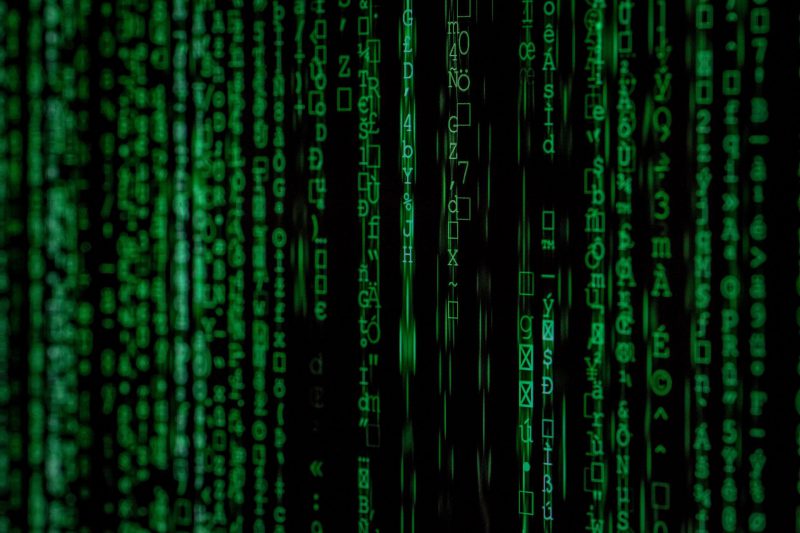Scams and hacks have become common in the crypto market. While firms across the industry have been bolstering their security, ill-doers have been finding new ways to dupe individuals. Prominent digital wallet provider, MetaMask shed light on a new scam that has been making the rounds in the industry.
MetaMask took to Twitter and dropped the phrase “address poisoning.” This scam involves scammers poisoning transaction histories by transferring tokens to their wallets with a value of $0. The first and final hexadecimal numbers of the wallet address of their victim will be matched by the scammers. Following this, they will utilize wallet addresses created by “vanity” address generators. Unaware users send their crypto to the wrong imitation address as a result of this.
These hackers are banking on the fact that crypto addresses are quite lengthy which makes it difficult for users to remember. Therefore, this scam depends on the user’s carelessness. The fraud is new, and the addresses that are being copied may belong to either the sender or the receiver of the actual transaction.
The entire scam is carried out in the hope of users copying the wrong crypto address from their history.
Here’s how to protect your crypto from address poisoning
Firstly MetaMask pointed out that it is quite difficult to detect this particular fraud. After the victim unintentionally credits the hacker, it is hard to undo the transaction. This new scam tactic may be avoided by inspecting the addresses before moving funds to them.
The firm further wrote,
“Develop a habit of thoroughly checking every single character of an address before you send a transaction. This is the only way to be completely sure you’re sending to the right place.”
Users were urged to refrain from copying addresses to transfer money as the latest scam flourishes through this. In addition to this, adding frequently used addresses to the address book of the wallet also helps.
Lastly, the MetaMask put forth the use of hardware wallets. These wallets usually require users to check and confirm any address before every transaction.





